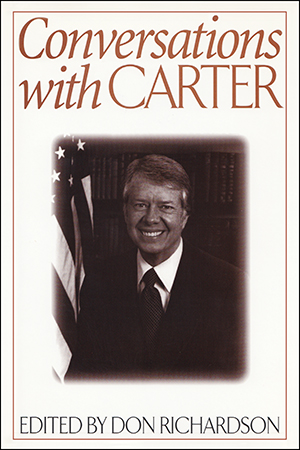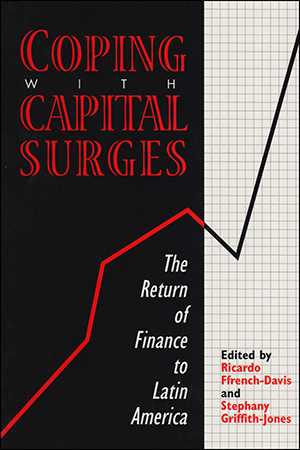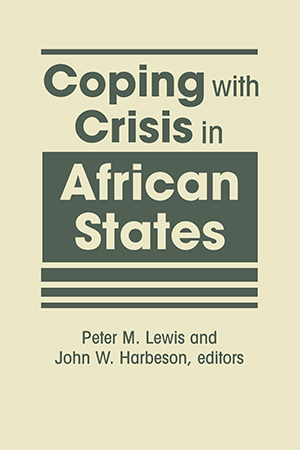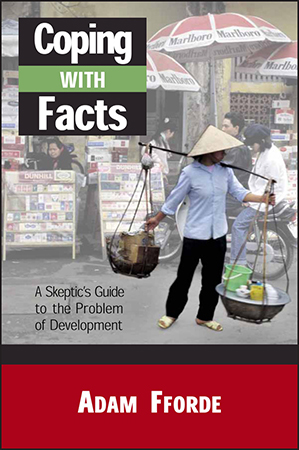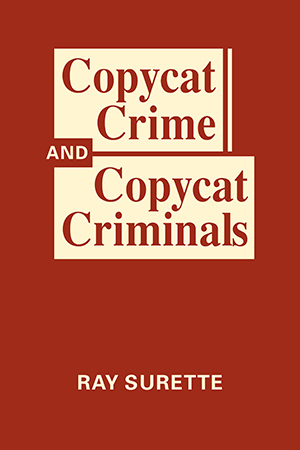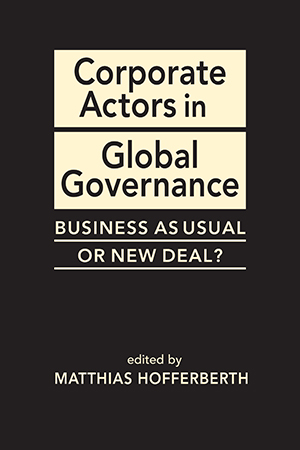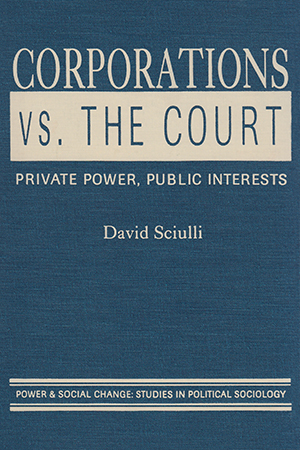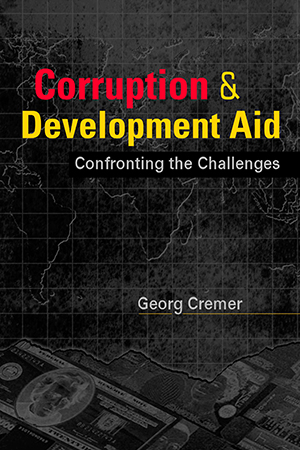BOOKS
Jimmy Carter participated in more than two hundred interviews between 1976 and 1996. In the twenty-three conversations presented here, highly regarded interviewers lead President Carter to More >
Private capital flows to Latin America have increased dramatically since 1989, approximately doubling in volume each year. This book examines the possible causes and consequences of the More >
Although large-scale conflicts, political upheavals, and social violence are common problems throughout Africa, individual countries vary greatly in both their susceptibility to these crises More >
Students and practitioners confronting the mass of competing assertions in the development literature—replete with contradictory "truths"—may well become frustrated. More >
How prevalent is copycat crime? Can we accurately identify it? What role does the media play in encouraging it? These are among the questions that Ray Surette addresses in his comprehensive More >
What part do/should corporate actors play in global governance? With regard to concerns over such issues as public health, education, human rights, and the environment, they arguably are More >
This original book looks methodically at corporate law, corporate governance, and judicial practice from the perspective of social theory. Sciulli explores whether there are identifiable More >
In his 28 essays, Professor Toch adopts the perspective of humanistic psychology to discuss: reforming prisons; reforming prisoners; working with disturbed prisoners; prison violence; and More >
Although corruption has always been a quietly recognized aspect of development aid programs, the taboo against openly discussing it is only now being widely overcome. Georg Cremer More >


